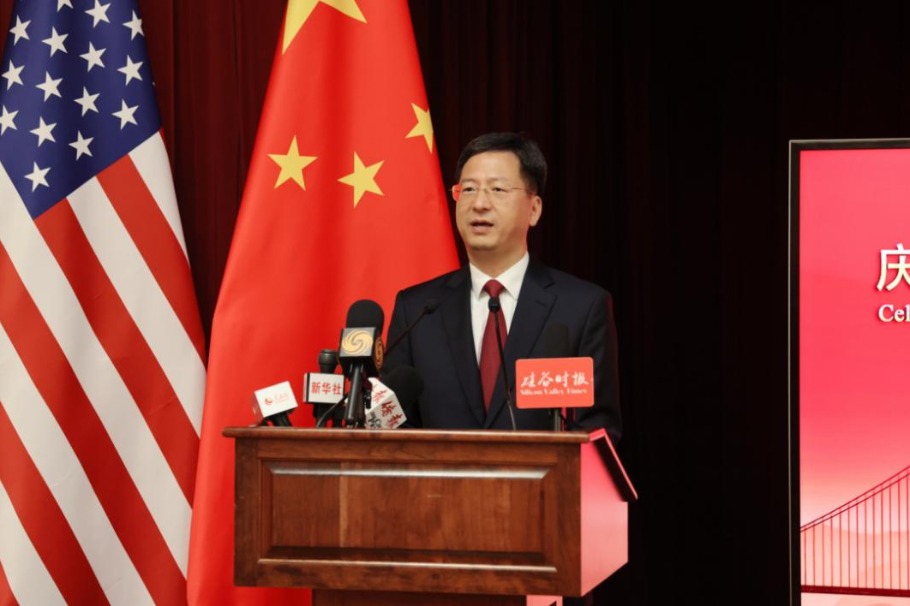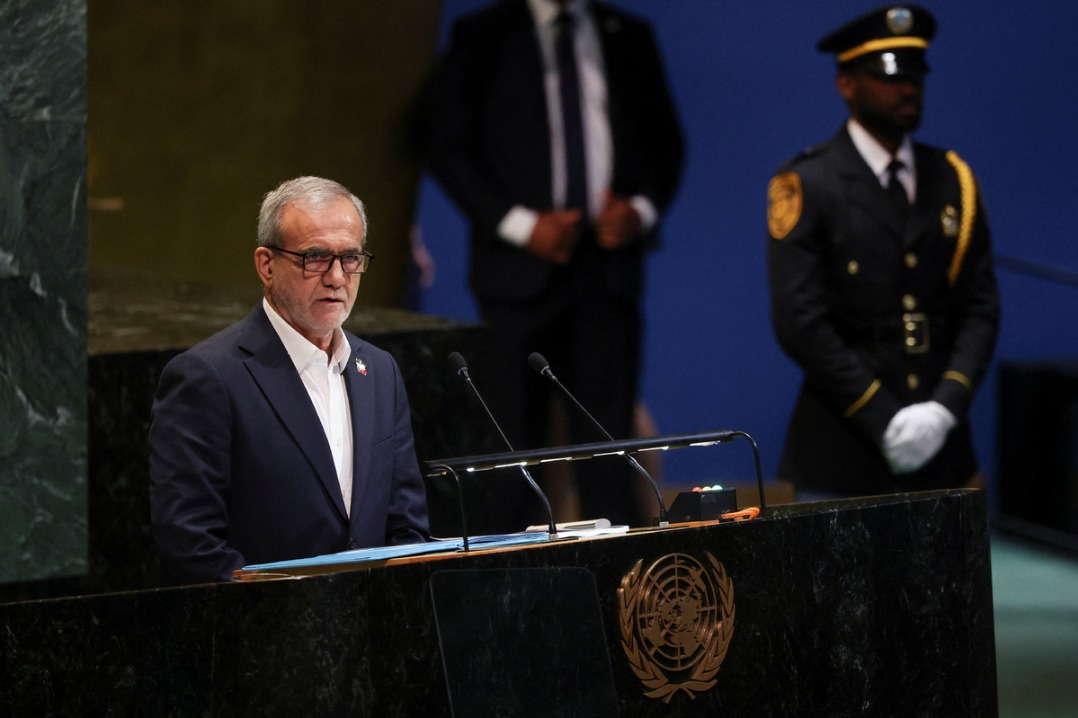Deal to spur Indonesia trade: Currency arrangement with China that simplifies transactions welcomed

An arrangement between the central banks of China and Indonesia on currency settlement is expected to spur more trade between the countries by smoothing foreign exchange transactions.
The agreement on local currency settlement, or LCS, came into effect on Monday.
The People's Bank of China and Bank Indonesia launched the bilateral local currency clearing mechanism based on the LCS framework. Under this scheme, dealers are allowed to use direct exchange-rate quotes in China-Indonesia trade and investments.
Also on Monday, the Bank of China and its Jakarta branch completed the first foreign exchange transactions between the renminbi and the rupiah based on direct quotes. The Bank of China is among the appointed cross-currency dealers for renminbi-rupiah transactions.
Nicholas Antonio Mapa, a senior economist at Dutch investment bank ING, said that the initiative was carried out to facilitate trade between the two countries.
The LCS agreement comes into force at a time when China and Indonesia are strengthening their economic ties.
China is one of Indonesia's biggest investment and trading partners. In 2020, bilateral trade between China and Indonesia reached $78.4 billion, according to China's Ministry of Commerce.
Huge demand
Zhang Chaoyang, country manager of the Bank of China (Hong Kong)'s Jakarta branch, said he expects that, in the long term, there will be huge demand for the bilateral currency clearing mechanism based on the local currency settlement framework.
"The bilateral economic and trade relations between China and Indonesia have been quite good over the past few years," Zhang said.
Zhang said the inclusion of the renminbi, the most important currency in the region, to the LCS framework will help promote the development of the regional financial industry because it not only enriches the regional LCS framework but can enhance connections between banks in China and Indonesia.
"The new mechanism will also allow companies from both countries to form business exchanges in a more convenient way, with reduced cost," Zhang said.
Before the implementation of the LCS, companies had to rely on the US dollar for trade and investment transactions.
The Indonesian embassy in Beijing said Indonesia's exports to China reached $37.4 billion in 2020, an increase of 10.1 percent compared with 2019.
Indonesian Ambassador to China Djauhari Oratmangun said earlier that business relations between Indonesia and China remained positive even during the COVID-19 pandemic, with Chinese investment in Indonesia reaching $4.8 billion in 2020.
A senior executive in an Indonesian bank said a growing number of the bank's clients are using the renminbi either for trade or travel to China. Likewise, Chinese traders are entering Indonesia for its large market; the nation is home to over 270 million people and is the world's fourth-most populous country.
Mapa cited the two countries' trade partnership and how this can also help further develop the China-proposed Belt and Road Initiative.
"Indonesia is a major supplier of commodities that China will likely need in volume for its Belt and Road infrastructure projects," he said.
Chinese and Indonesian central banks signed the LCS agreement in 2020, with the aim of promoting the local currencies in bilateral trade and investment transactions.
The cooperation between the People's Bank of China and Bank Indonesia extends the latter's LCS cooperation framework with other central banks in Asia, including the Bank of Thailand, as well as Japan's Ministry of Finance.
The Chinese central bank has linked up with the China Foreign Exchange Trade System to launch a regional foreign exchange platform in East China's Zhejiang province.
Wee Ee Cheong, deputy chairman and chief executive officer of the Singapore-based United Overseas Bank (China), said the agreement will benefit its clients in China and across Southeast Asia.
Yang Han in Hong Kong and Leonardus Jegho in Jakarta contributed to this story.

































